Race and ethnic disparities report: five main takeaways
A new government report says social factors explain disparities better than racism
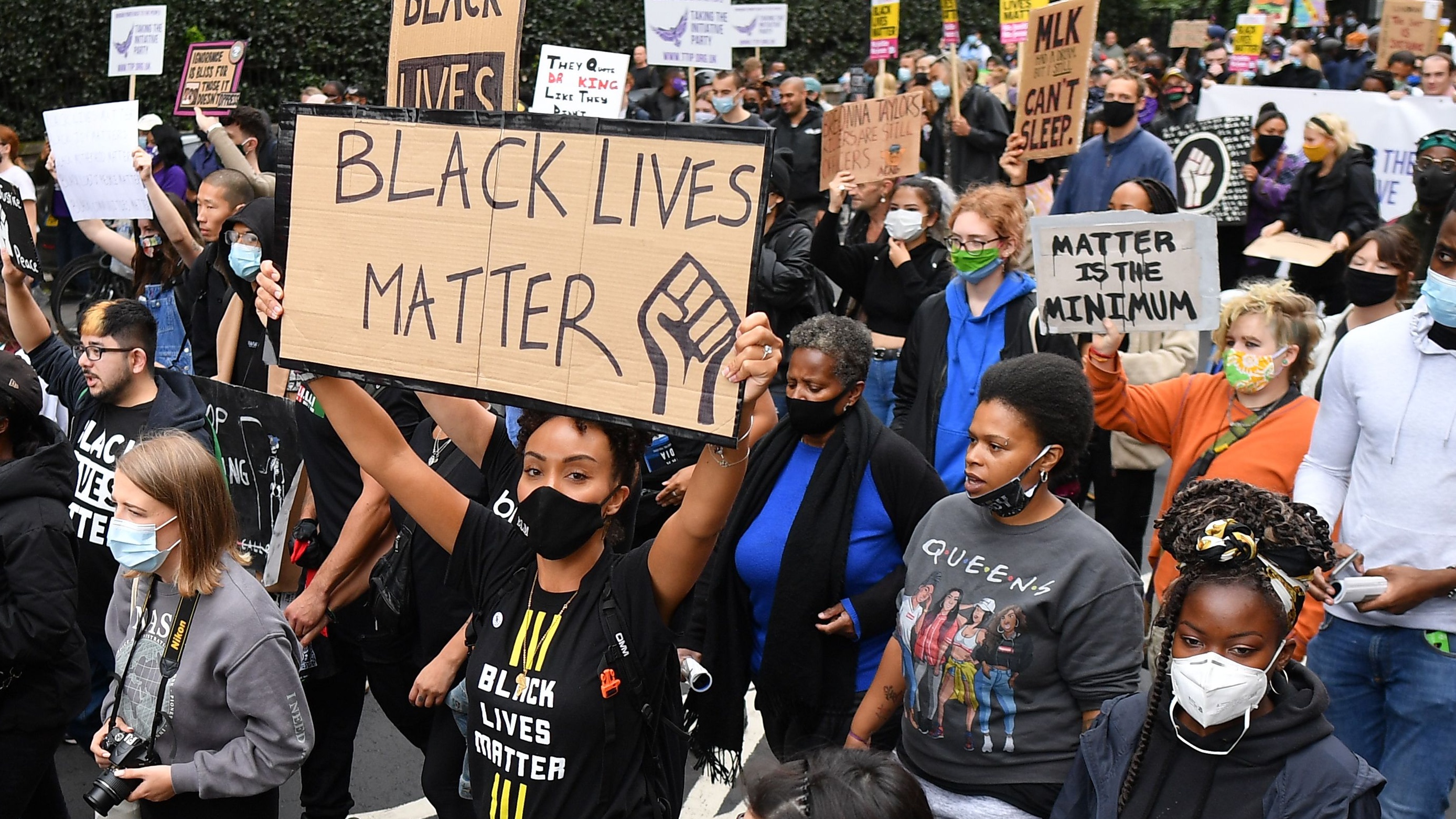
A free daily email with the biggest news stories of the day – and the best features from TheWeek.com
You are now subscribed
Your newsletter sign-up was successful
Britain is a model on race for other countries and is not “institutionally racist”, a report on race inequalities commissioned by the government has found.
The Commission on Race and Ethnic Disparities, created last July in the wake of the Black Lives Matter movement, said that while the UK was not yet a “post-racial' society”, social class and family structures better explain disparities.
UK ‘a model for other white-majority countries’
The Week
Escape your echo chamber. Get the facts behind the news, plus analysis from multiple perspectives.

Sign up for The Week's Free Newsletters
From our morning news briefing to a weekly Good News Newsletter, get the best of The Week delivered directly to your inbox.
From our morning news briefing to a weekly Good News Newsletter, get the best of The Week delivered directly to your inbox.
The report says Britain should be considered “a model for other white-majority countries”, and points to “the most emphatic success story” of educational attainment among black and ethnic minority children, which it says has “transformed British society”.
The commission notes pupils from Indian, Bangladeshi and black African backgrounds in England score better on average across eight GCSEs than white British children. However, as the report also highlights, there is a growing gap in attainment between Black African and Black Caribbean children.
While this is borne out by the evidence, a 2019 report from the University of Aberdeen found white working-class boys, with lower educational qualifications and a lower likelihood of going to university, still had higher employment rates and higher social mobility than those from minority ethnic backgrounds, reports The Guardian.
Race has become less important factor in social disparities
A free daily email with the biggest news stories of the day – and the best features from TheWeek.com
Britain is no longer a country “where the system is deliberately rigged against ethnic minorities”, claims the report. Where disparities do exist, the reasons behind them are “varied”, the report argues, and “very few of them are directly to do with racism”.
“The evidence shows that geography, family influence, socio-economic background, culture and religion have more significant impact on life chances than the existence of racism,” it reads.
Claims of institutional racism not borne out
The report says “the idealism of those well-intentioned young people” who claim the country is still institutionally racist is not borne out by the evidence. It calls for workplaces to end unconscious bias training for their staff, and instead use “evidence-based” alternatives.
Speaking to the BBC, Tony Sewell, who led the report, said the term “institutional racism” was “sometimes wrongly applied as a “sort of catch-all phrase for micro-aggressions or acts of racial abuse”.
The suggestion is an “open rebuff to the arguments of the BLM movement”, says The Guardian, and “appears to be a pushback against the idea of structural racism”.
Halima Begum, the chief executive of the Runnymede Trust, called the rejection of institutional racism “nothing short of a gross offence”, while Labour MP David Lammy told his LBC show listeners: “Boris Johnson has just slammed the door in their faces by telling them that they’re idealists, they are wasting their time. He has let an entire generation of young white and black British people down.”
‘Outright’ racism still exists
Although the report suggests institutional racism no longer exists, it argues that “outright racism still exists in the UK”.
The UK is not yet a “post-racial society” which has “completed the long journey to equality of opportunity”, reads the report. “Outright racism still exists in the UK, whether it surfaces as graffiti on someone’s business, violence in the street, or prejudice in the labour market.” The report also points to the role of social media platforms in promoting racist abuse, where “racist incidents can go viral in hours”.
“Making anonymous abuse harder online is a complex issue but should be a public policy priority,” it says.
Historic racism creating ‘deep mistrust’
The report recognises that “historical wrongs by the state and police have left a deep legacy of mistrust” among black people and ethnic minorities, “especially in Black inner-city communities”.
It noted, “the reasons for this mistrust are often steeped in a terrible legacy of historical incidents of racism and racist behaviour, carried out under the auspices of a few different police services”.
But it stated “unequivocally” that the majority of UK police officers were “decent and good people”, and that “there are a minority of individuals who bring shame and dishonour to themselves and to those they represent”.
-
 Political cartoons for February 19
Political cartoons for February 19Cartoons Thursday’s political cartoons include a suspicious package, a piece of the cake, and more
-
 The Gallivant: style and charm steps from Camber Sands
The Gallivant: style and charm steps from Camber SandsThe Week Recommends Nestled behind the dunes, this luxury hotel is a great place to hunker down and get cosy
-
 The President’s Cake: ‘sweet tragedy’ about a little girl on a baking mission in Iraq
The President’s Cake: ‘sweet tragedy’ about a little girl on a baking mission in IraqThe Week Recommends Charming debut from Hasan Hadi is filled with ‘vivid characters’
-
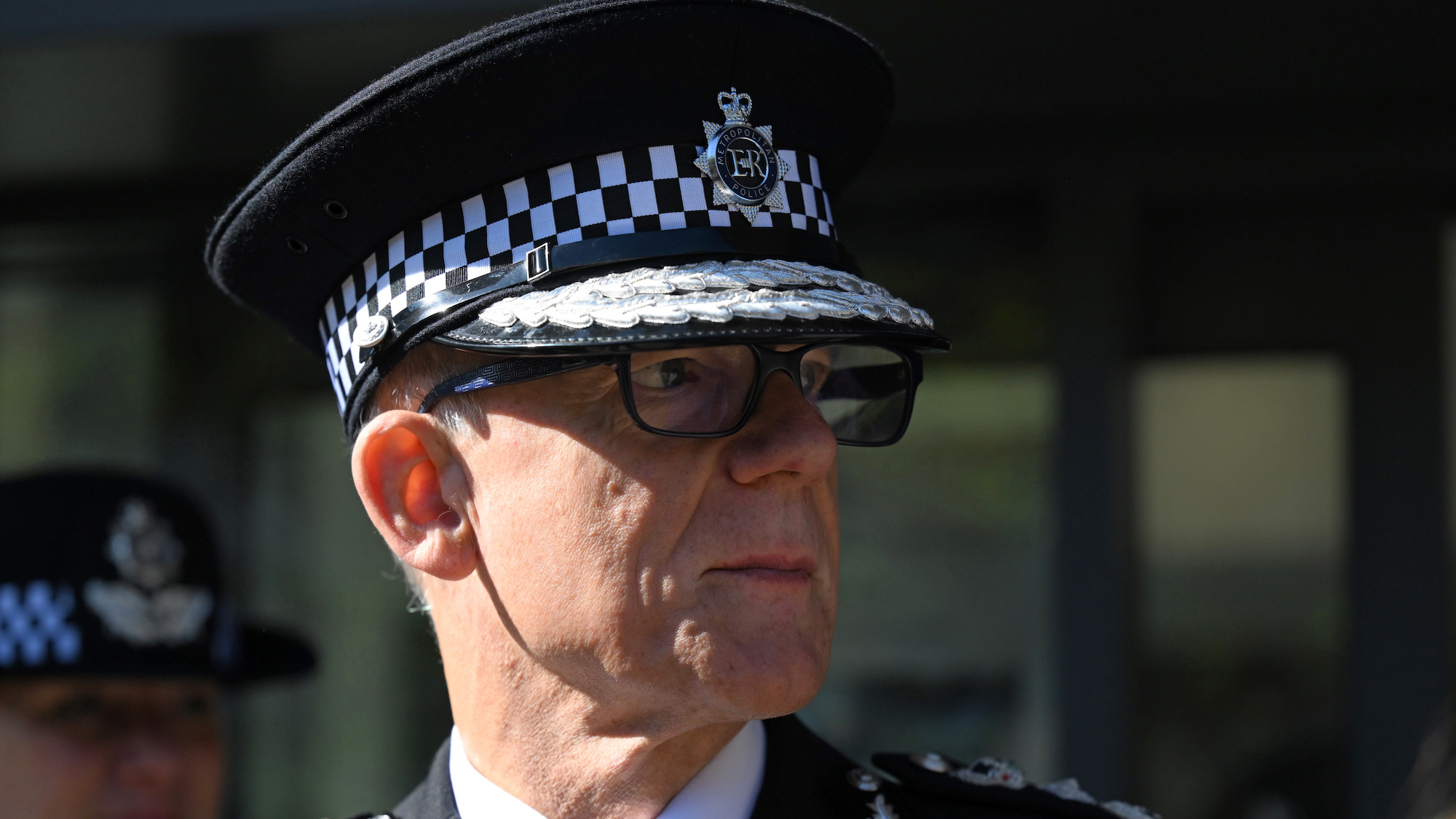 Can the Met Police heal its relationship with the Black community?
Can the Met Police heal its relationship with the Black community?In depth Police chiefs accused of not doing enough to address reported institutional racism
-
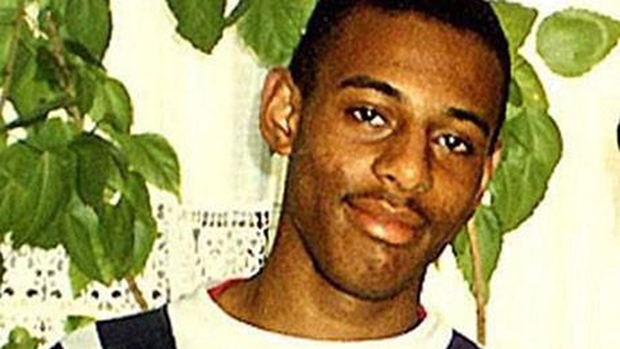 New suspect named in Stephen Lawrence case 30 years on
New suspect named in Stephen Lawrence case 30 years onSpeed Read Baroness Lawrence calls for ‘serious sanctions’ against officers who failed to investigate Matthew White
-
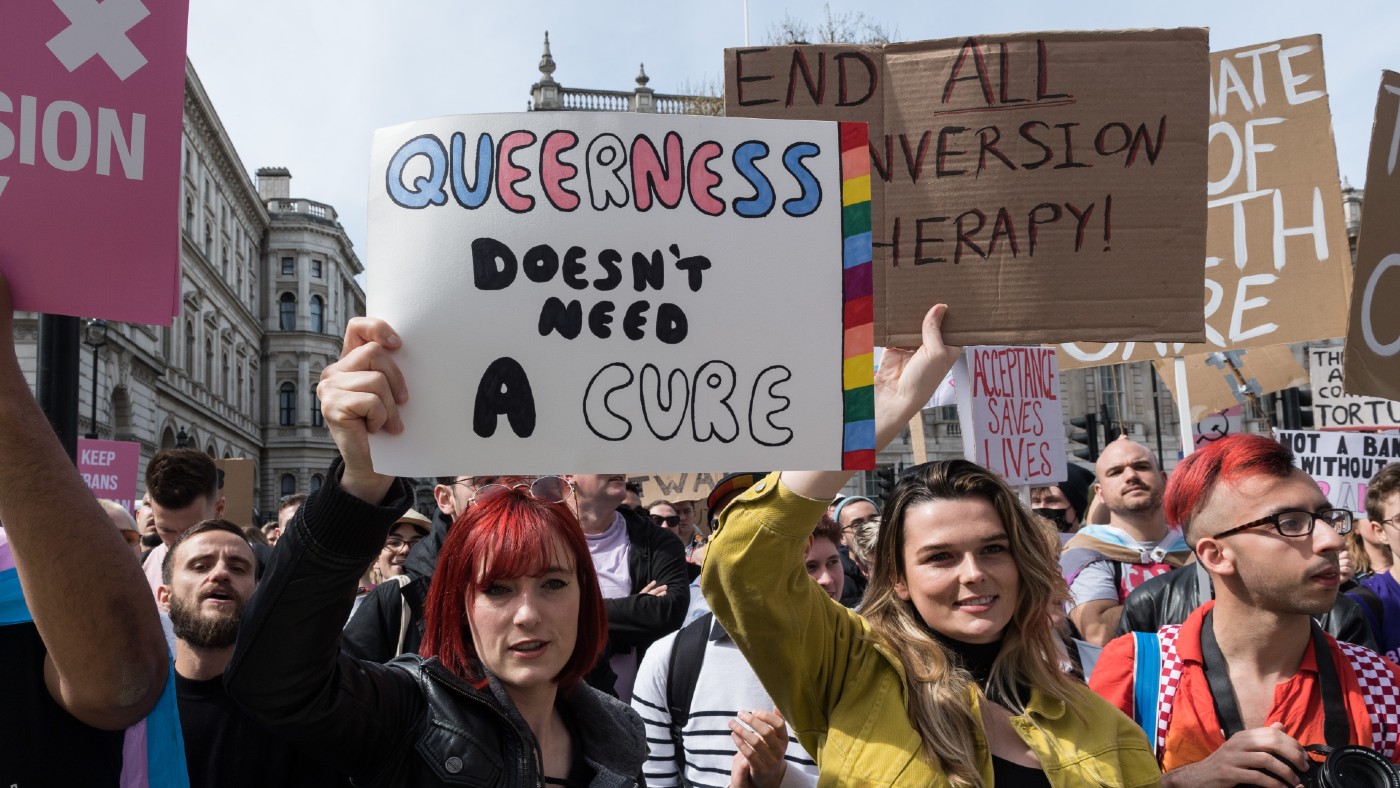 The countries that have banned conversion therapy
The countries that have banned conversion therapyIn the Spotlight Former PM Theresa May has urged UK government to ban practice for transgender people
-
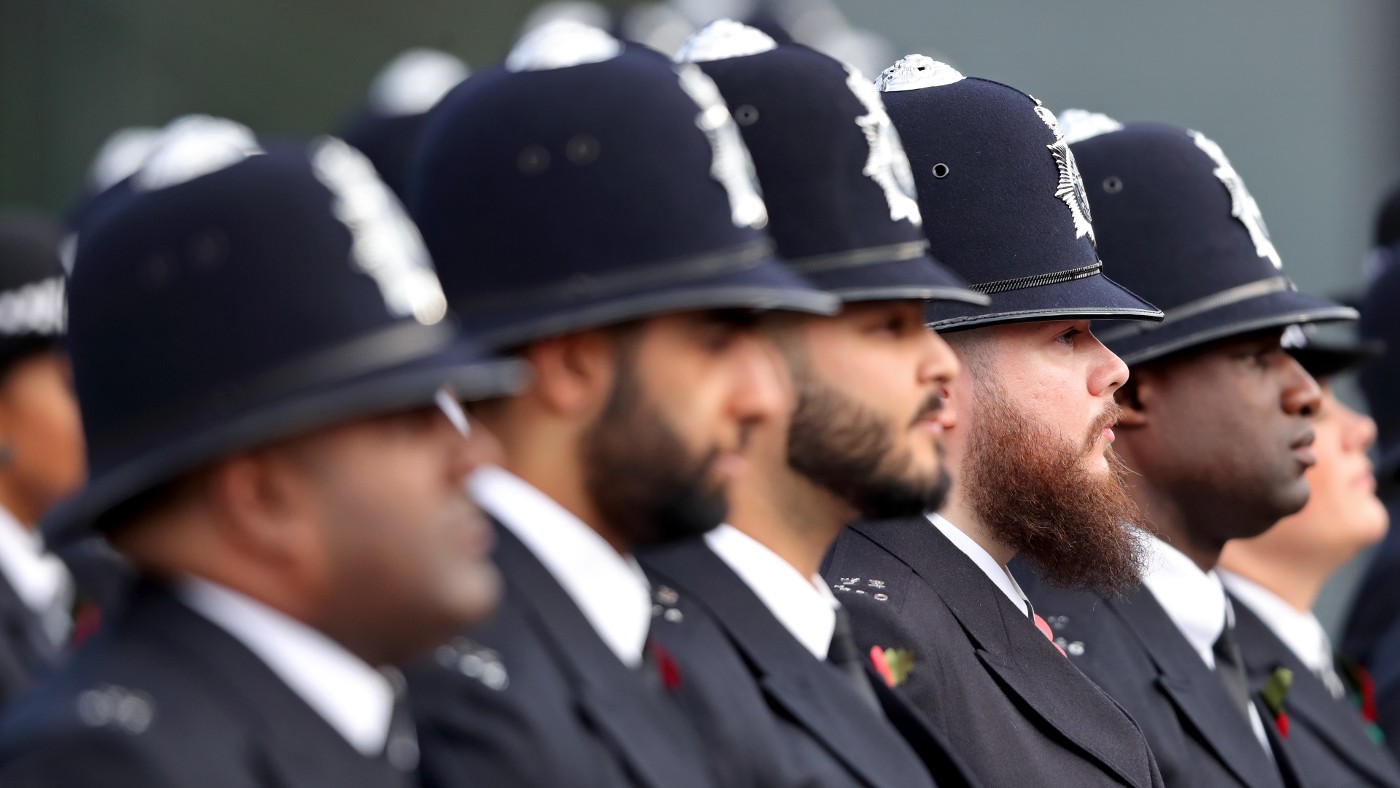 What putting Metropolitan Police in ‘special measures’ means for the force
What putting Metropolitan Police in ‘special measures’ means for the forceIn the Spotlight Scotland Yard facing greater scrutiny and pressure to produce improvement plan following criticisms by watchdog
-
 Maradona and the ‘simple homicide’ trial
Maradona and the ‘simple homicide’ trialIn the Spotlight Prosecutors claim football legend’s death was result of ‘omissions’ by medics and a psychologist
-
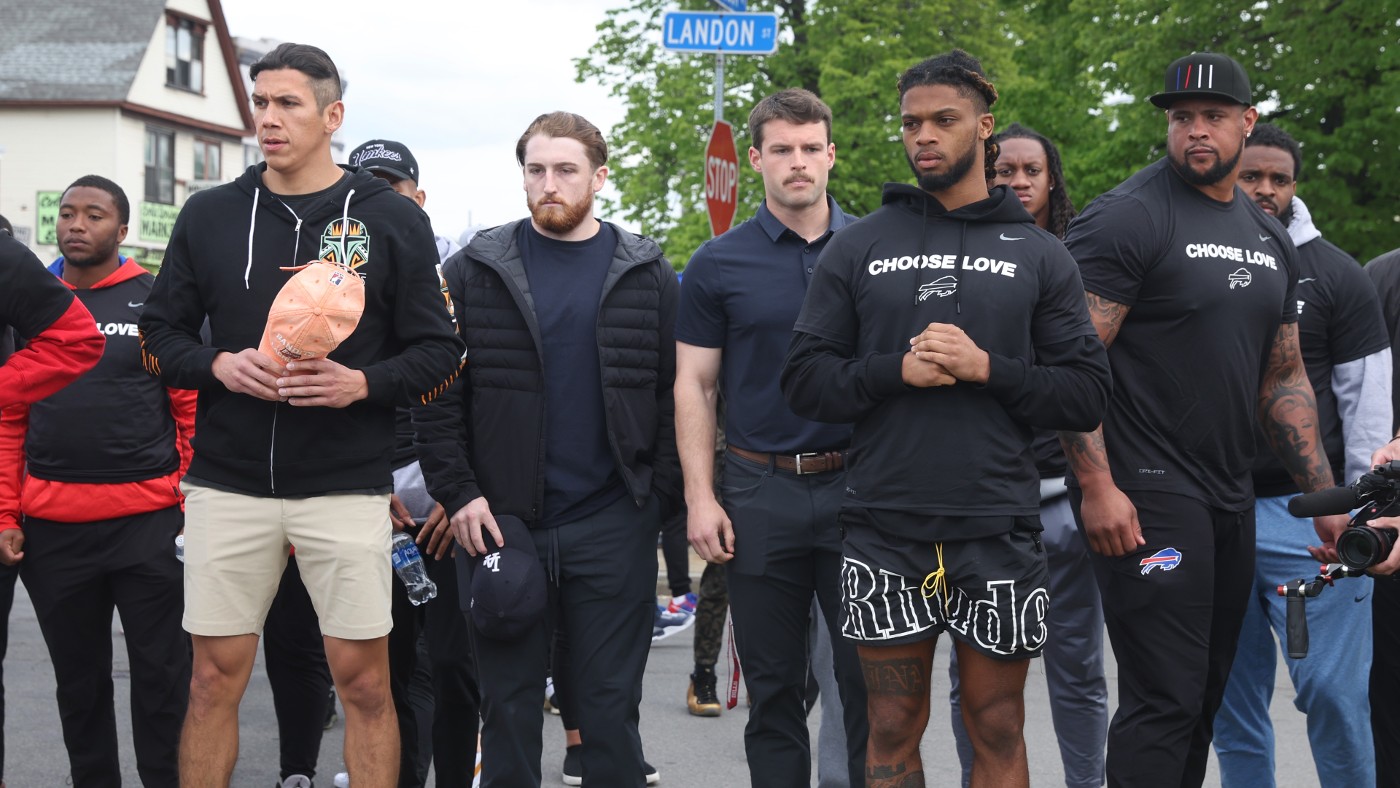 ‘Great replacement’: what is the conspiracy theory?
‘Great replacement’: what is the conspiracy theory?feature Manifesto linked to Buffalo shooting suspect Payton Gendron described black Americans and immigrants as ‘replacers’
-
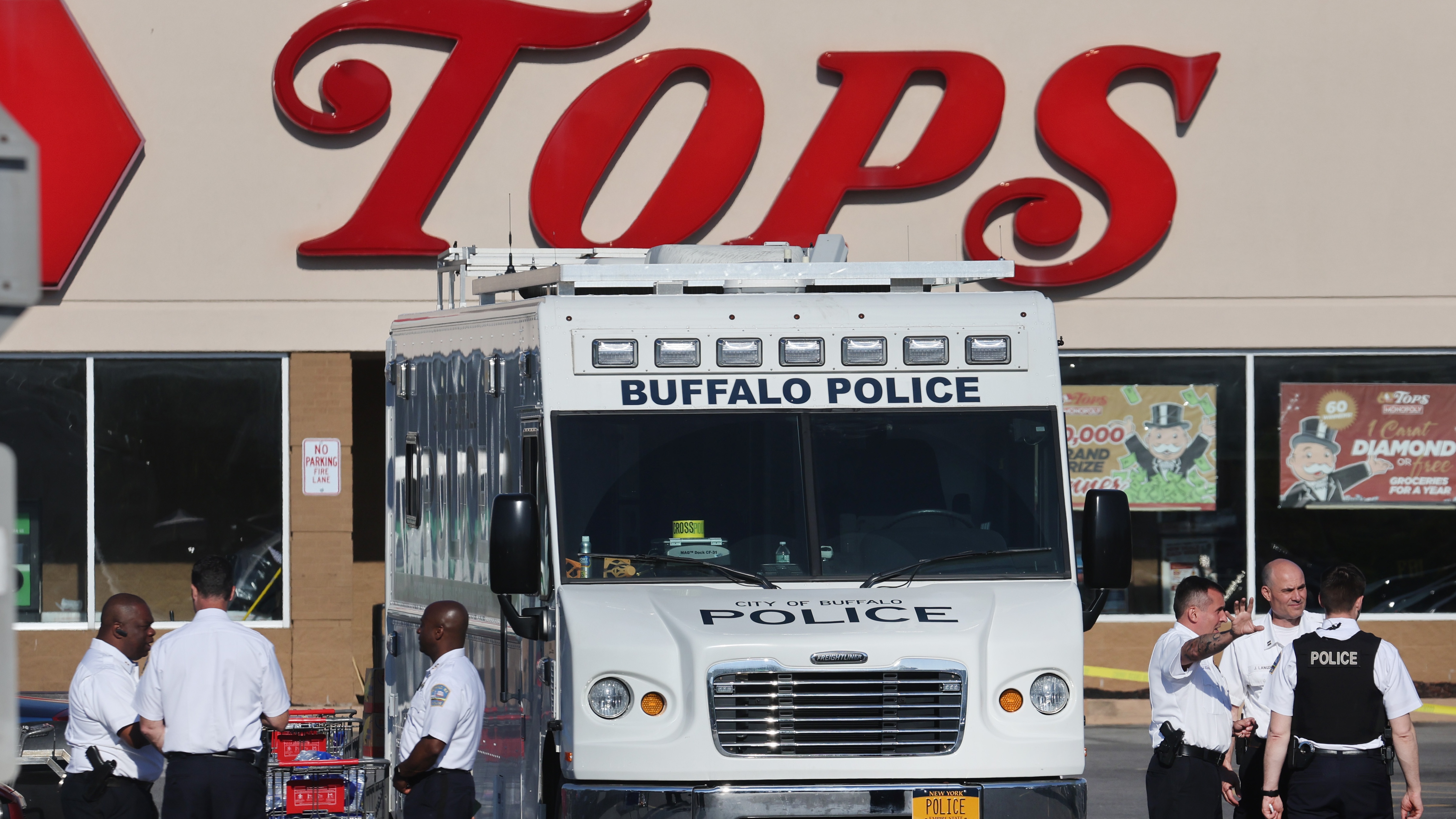 Everything we know about the Buffalo white supremacist shooting
Everything we know about the Buffalo white supremacist shootingIn Depth Police investigated suspected shooter after school threat last year
-
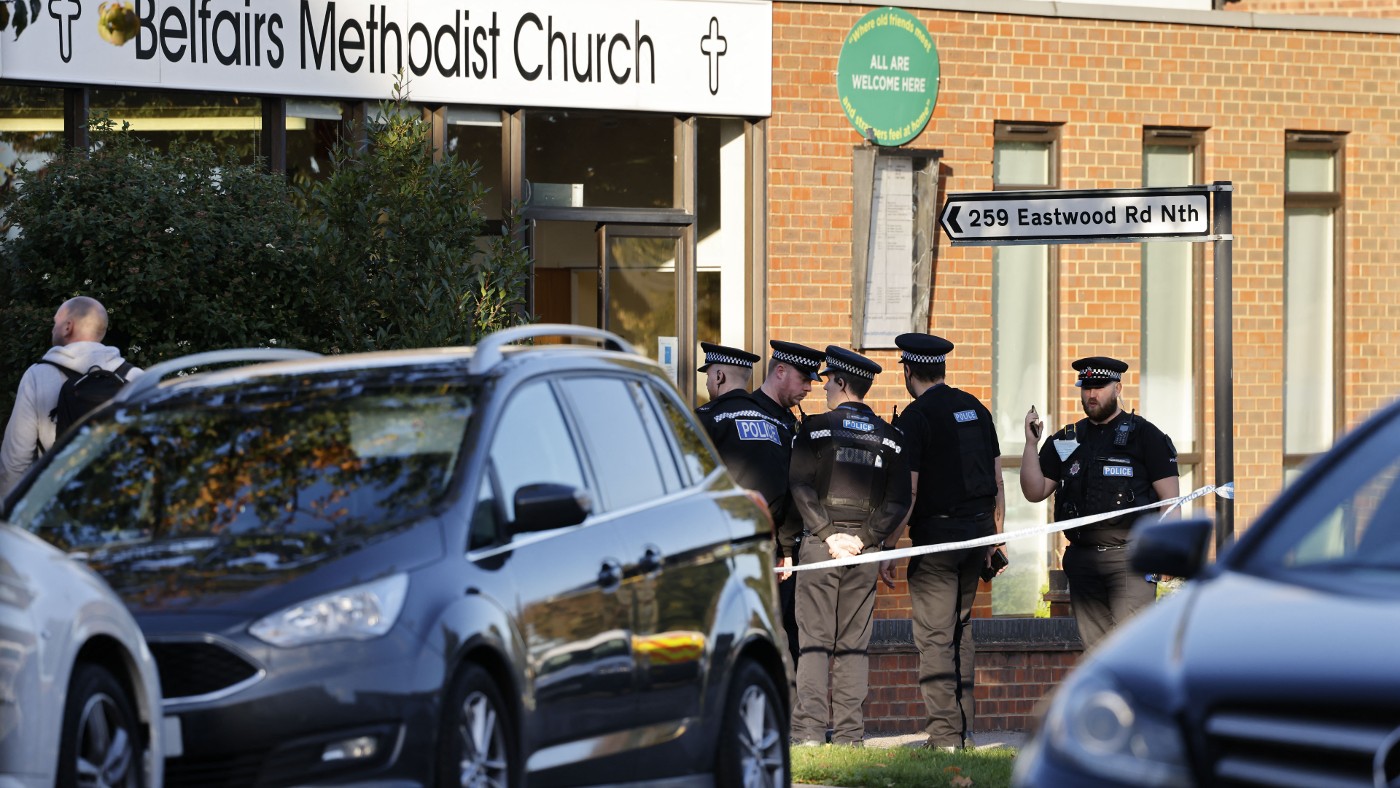 David Amess murder trial: ‘harrowing’ details of attack play out in court
David Amess murder trial: ‘harrowing’ details of attack play out in courtIn the Spotlight Emergency phone call by witness played to jury